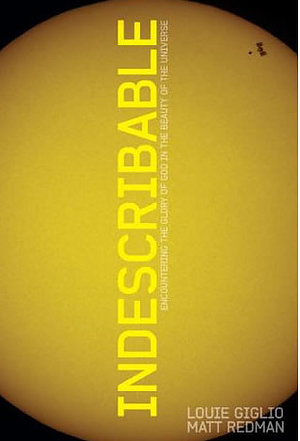 While the first two books in the L'Engle series were about space travel, A Swiftly Tilting Planet was about time travel, and I loved it! The focus shifts away from Meg, now a grown woman married to Calvin and expecting their first child, and centers around Charles Wallace, a young man of 15 who still looks like a boy.
While the first two books in the L'Engle series were about space travel, A Swiftly Tilting Planet was about time travel, and I loved it! The focus shifts away from Meg, now a grown woman married to Calvin and expecting their first child, and centers around Charles Wallace, a young man of 15 who still looks like a boy.
I really appreciate how the author highlights different characters I had written off and shows that, well, you shouldn't really write anyone off as being insignificant. In the last book, it was the sourpuss principal, Mr. Jenkins. In this book, it's Mrs. O'Keefe, Calvin's drab, indifferent mother with missing teeth and cobweb hair who is incapable of speaking in full sentences. Without these characters, members of the Murray family would not be successful in their missions of saving whomever or whatever they've been called to save.
This time the task is simple--Charles Wallace has to help redirect moments in history that impact the world's present predicament: a blood-thirsty politician from Vespugia, a fictional South American country near Patagonia, is threatening to declare nuclear war on the U.S. It's Thanksgiving, of all days, and the entire Murray family spends a restless night waiting for the axe to drop.
Charles Wallace, on the other hand, is given a mysterious, ancient rune from Mrs. O'Keefe and the charge of doing whatever is necessary to bring peace. Aided by the guidance of a unicorn named Guadior, the two ride the wind to the very distant past. At each junction, they're attacked ferociously by echthroi (forces of evil), who want to prevent Charles Wallace from changing history, however minutely, so that the world is still on track for nuclear disaster.
When Charles Wallace enters a new era, there is an influential person chosen for him to "inhabit." In doing so, he helps the particular person make the necessary choices to keep evil from propagating. The story and CW's travels closely follow the lineage of Welsh princes, Madoc and Gwydyr, two sons of a deceased King who left their homeland to escape the bloodshed and pain of competition for the throne. Madoc, the kind and gentle brother, marries into a Native American family and remains in the North East. Gwydyr, power hungry and overflowing with pride, heads south and decides to colonize land near Patagonia. While the author made every effort to keep the family lineage clear despite multiple travels for CW, it became tiresome and a bit confusing to have variations of the same names used repeatedly (i.e. Bran, Brandon, Branwen, Zyll, Zylle, Zillah, etc).
I thoroughly enjoyed this book, and though it was a bit longer than the previous two in the series, it flew by just as fast. This is a great series thus far. Two more to go!



 Book 4 of Burroughs' 11 volume Barsoom series focuses on the adventures of Thuvia, princess of Ptarth and third most beautiful woman on Mars and Carthoris, the son of John Carter and Dejah Thoris. If that last sentence was unintelligible to you I recommend you skip this review and start with the first book in the series -
Book 4 of Burroughs' 11 volume Barsoom series focuses on the adventures of Thuvia, princess of Ptarth and third most beautiful woman on Mars and Carthoris, the son of John Carter and Dejah Thoris. If that last sentence was unintelligible to you I recommend you skip this review and start with the first book in the series - 






